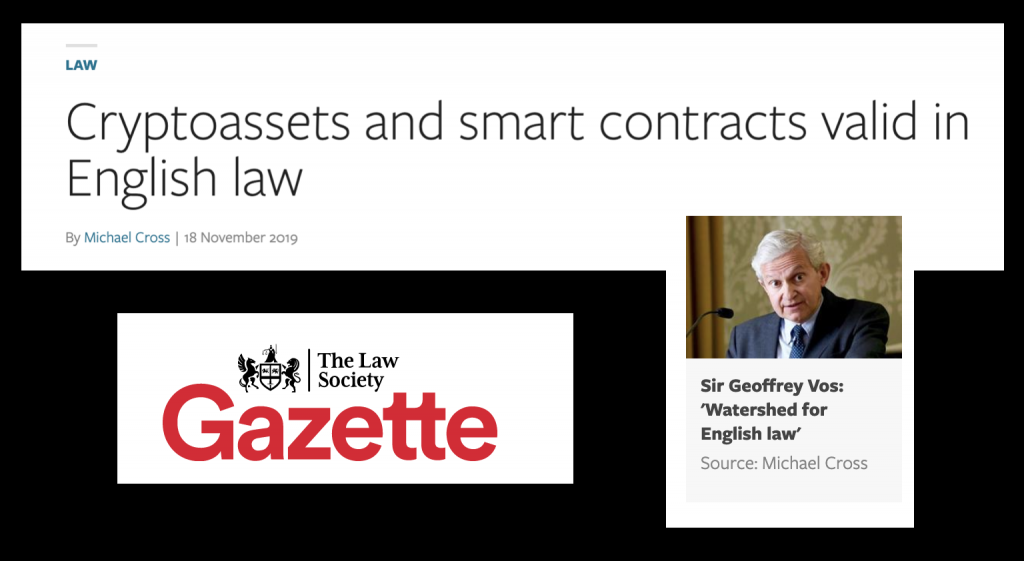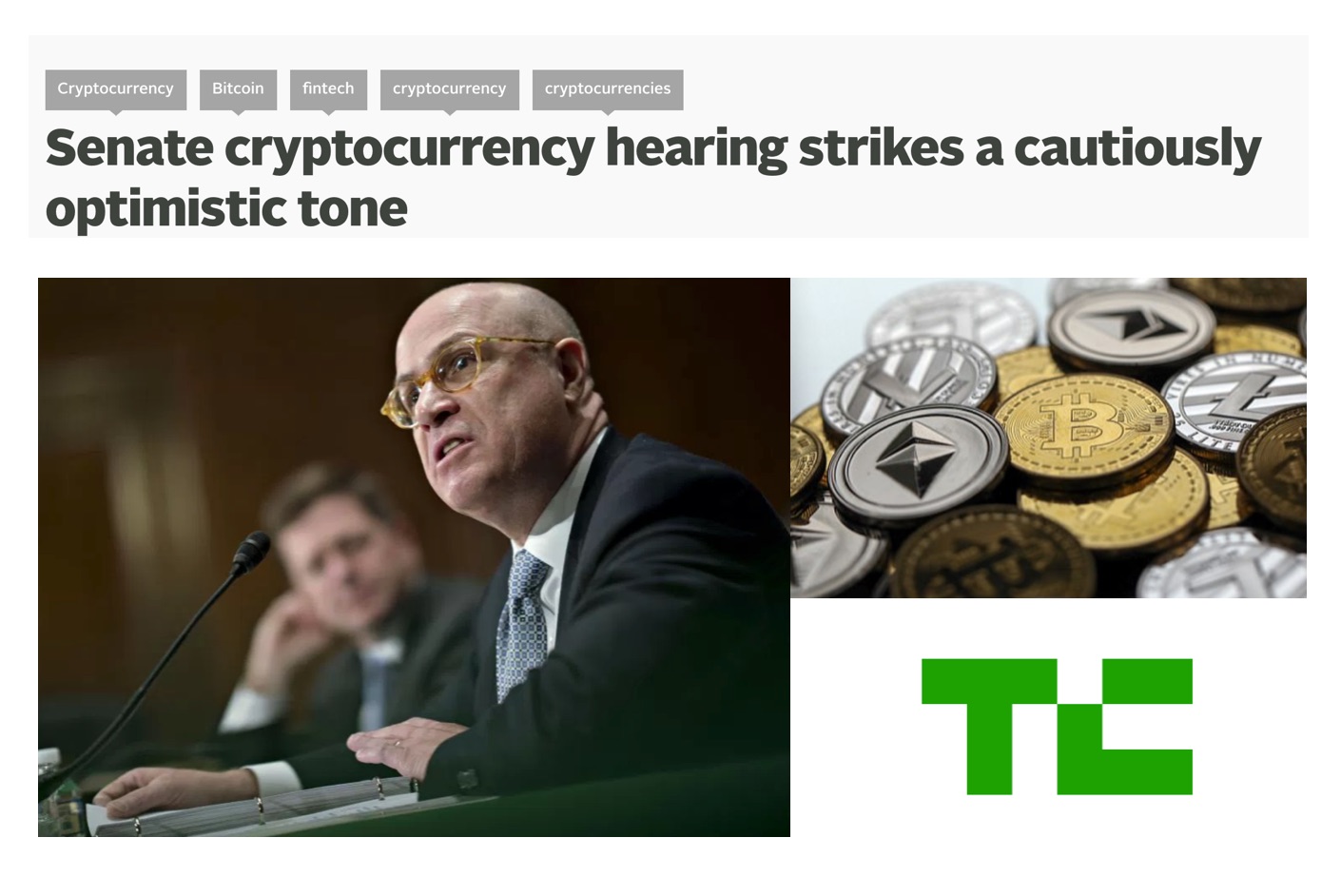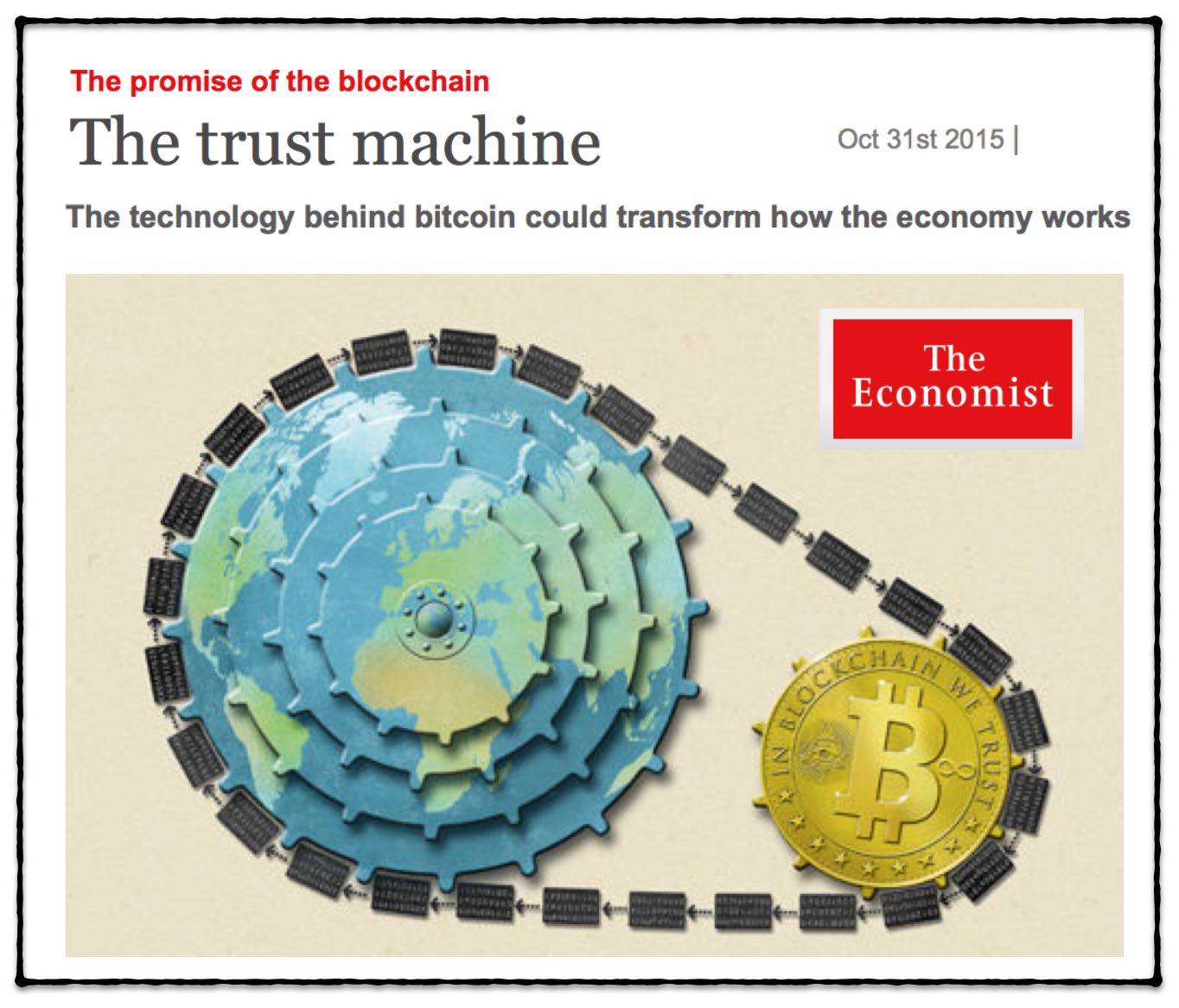
Cryptoassets and Smart Contracts are Valid in English law (via The Law Society Gazette)

Cryptoassets and Smart Contracts are Valid in English law (via The Law Society Gazette)

Tomorrow it is the Block (Legal) Tech Conference at Illinois Tech – Chicago Kent College of Law … nearly 600+ registered to attend (overflow room will be available) … 20+ Speakers on One Stage discussing all things {Crypto + Law} from CryptoInfrastructure to CryptoLawyering to the Regulation of Distributed Ledger Technologies …. blocklegaltech.com
Thanks as always to our Sponsors for supporting our conference!
#LegalInnovation #LegalTech #FinLegalTech #Crypto #Cryptoeconomy #CryptoLawyering #CryptoInfrastructure
Jennifer O’Rourke from Illinois Department of Commerce and Illinois #Blockchain Initiative (@IL_Blockchain) joined us in our Blockchain Law Class this week to provide her perspective on a variety of topics from digital identity to the role of government in blockchain related innovation. Above is a slidedeck similar to the version that she presented in our class.
 Meanwhile Goldman suggests it all might be going to zero or better stated “most cryptocurrencies will ultimately fall to zero as current iterations are ‘too primitive’ to be viable in the long term.” There is merit to the Goldman view – I would say the question to focus upon is what is actually going to persist here -for us the key is probably helping incumbents learn how to incorporate crypto tech into their respective business models.
Meanwhile Goldman suggests it all might be going to zero or better stated “most cryptocurrencies will ultimately fall to zero as current iterations are ‘too primitive’ to be viable in the long term.” There is merit to the Goldman view – I would say the question to focus upon is what is actually going to persist here -for us the key is probably helping incumbents learn how to incorporate crypto tech into their respective business models.
Blockchain, Crypto Infrastructure and the Transaction Cost View of Economic History — This is a course module available on BlockchainLawClass.com (check back for more over the coming weeks)
(Website is now live … still in beta … content to be added each week)
 We offer some initial conversation of the application of Blockchain to legal services in our deck called Fin(Legal)Tech. Obvious starting points for the blockchain in law include – real estate transactions, smart contracting, asset verification and the enforcement of judgements, financial services regulatory work (such as we have discussed in our paper on resolution planning), etc. These ideas (together with other related and important technological developments) extend to large segments of transactional / regulatory legal space. The goal is to reduce needless friction – which is endemic to most processes ( and legal centered processes are particularly bad).
We offer some initial conversation of the application of Blockchain to legal services in our deck called Fin(Legal)Tech. Obvious starting points for the blockchain in law include – real estate transactions, smart contracting, asset verification and the enforcement of judgements, financial services regulatory work (such as we have discussed in our paper on resolution planning), etc. These ideas (together with other related and important technological developments) extend to large segments of transactional / regulatory legal space. The goal is to reduce needless friction – which is endemic to most processes ( and legal centered processes are particularly bad).